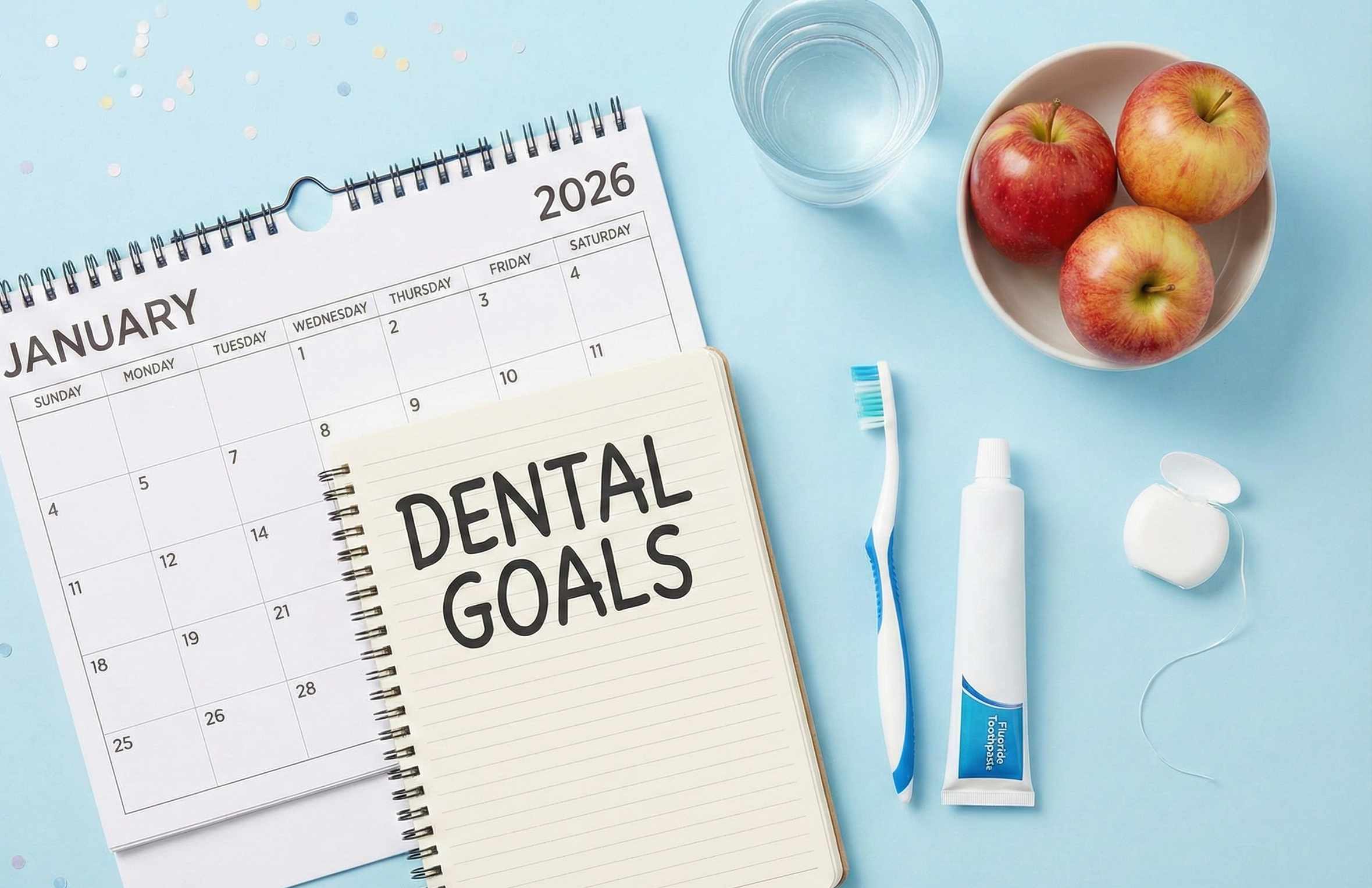Midtown Toronto is one of the most sought-after neighbourhoods in Toronto because of its proximity to the subway, excellent schools, vast selection of retail and personal services, and walkability.
However, like most urban neighbourhoods, living here also has stresses that can potentially impact our well-being. The relentless pace, squeezing onto subway trains, sitting in traffic, and the constant pressure of city life take a toll on your mental and physical health, leaving you feeling tired and overwhelmed by the end of the day.
People who live in the Yonge Eglinton neighbourhood should also recognize that the constant stresses that come with urban life can also create oral health challenges. That is why understanding and addressing the hidden role stress plays in dental well-being is critical to protecting your smile.
The Stress of Midtown Toronto Living
In bustling Midtown Toronto, stress weaves itself into almost every routine: navigating crowded streets, balancing work deadlines, and coping with schedules that leave precious little time for self-care.
The daily grind takes a toll, with nearly 33 percent of Torontonians now facing a commute averaging 34.9 minutes, the longest in Canada, according to recent Statistics Canada data. For many residents in our local area, this represents more than lost time. It also triggers mounting tension, fatigue, and diminished capacity for healthy habits, including a regular oral health care routine.
Furthermore, research confirms what many experience first-hand: chronic psychological stress is tightly linked with poorer self-reported oral health and greater oral pain. Stress is known to trigger chemical and behavioural responses that can weaken the immune system, increase inflammation, and disrupt daily routines. The result can also perpetuate an unhealthy cycle of stress, worsening oral health, and oral health problems that lead to more stress.
Stress-Related Oral Health Issues
For many people, the effects of stress are manifested in teeth grinding, also known as bruxism. Chronic bruxism can wear down the enamel, the hard outer layer protecting the soft tissue inside your teeth. It can also lead to chipped and cracked teeth.
Clenching your jaw from stress can also cause oral health issues. When your jaw is clenched, the jaw muscles become tense and excessive pressure is placed on the temporomandibular joint (TMJ). The result is jaw pain and chronic headaches, especially in the morning if you clench your jaw or grind your teeth while sleeping.
Another oral health issue triggered by stress is gum inflammation. Stress elevates hormones such as cortisol and weakens immune function. A suppressed immune system makes it harder for the body to fight off the bacterial growth that causes gum inflammation.
Stress can also trigger canker sores by increasing anxiety, which may lead to unintentionally biting the cheek or lip, creating a painful wound that develops into a sore.
Lifestyle Habits That Worsen Stress Effects
If the stressors of everyday life are not causing enough oral health problems, how we react to stress with what might seem like minor indulgences can make dental issues even worse.
For example, managing stress with a quick cup of coffee or a drink after work can dry the mouth, reduce saliva flow, and create an environment where harmful bacteria thrive. Additionally, late-night snacking, especially on foods high in sugar or acidity, gives bacteria additional fuel and time to attack tooth enamel overnight.
Busy schedules and exhaustion might also cause you to skip or delay dental appointments. However, doing so can allow minor problems to develop into more serious issues, ultimately requiring more advanced treatments.
Practical Strategies to Protect Your Smile
You might not be able to completely remove the stresses that come with urban living from your life, but you can safeguard your oral health with a few simple strategies that can improve your overall well-being:
- Make time for relaxation through yoga, deep breathing exercises, or taking a short walk to help reduce the stress hormones that worsen oral inflammation
- Stay well-hydrated to support saliva production and help neutralize acids that damage teeth
- Practice a good oral health routine that includes brushing twice per day and flossing once per day
- Opt for tooth-friendly snacks such as carrots or hard cheese, and try to avoid snacking after you have brushed and flossed for the evening
- Teeth grinding and urban stress go hand-in-hand, so ask your dentist about a custom-fitted nightguard to alleviate the effects of bruxism and jaw clenching
- Ensure you keep up with your dental appointment to ensure early detection and intervention for emerging dental concerns
If you believe stress is taking a toll on your oral health, make an appointment with the dental experts at Yonge Eglinton Dental. We will welcome you into our offices to discuss your concerns, conduct a complete examination, and recommend a treatment plan that helps protect your oral health.
After all, one of the best ways to combat stress is by showing the world a big, beautiful smile. Let Yonge Eglinton Dental help achieve that glowing, lustrous smile you deserve, and keep it for life!
Stop stress from impacting your oral health in Toronto with help from the experts at Yonge Eglinton Dental
Contact our dental health team when you are ready to optimize your oral health. We will work together to ensure your teeth and gums look great and are as strong and healthy as possible. Make an appointment for an office visit today by calling our office at 416-932-2222 or booking online. We look forward to seeing you!
Are you concerned about visiting the dentist? Read about how we protect the health and safety of our patients and staff so your family can seek proper dental care with peace of mind.
FAQs about Urban Stress and Oral Health
How can stress directly affect teeth and gums?
Stress weakens your immune response, increases inflammation, and leads to habits like grinding or clenching that damage teeth and gums
Can stress trigger conditions like gum disease or canker sores?
Yes, stress hormones can raise your risk for gum inflammation, infection, and painful mouth ulcers known as cankers
Is there a connection between long commutes and oral health?
Long commutes increase daily stress and reduce time available for proper oral care, leading to missed dental appointments and less effective oral hygiene
What are some simple ways to protect my oral health when I am under stress?
Focus on hydration, mindful relaxation, regular brushing and flossing, eating healthy snacks, and keeping up with preventive dental visits
How can a dentist help if stress is damaging my teeth?
Dentists can recommend custom night guards, suggest stress management strategies, and tailor preventive care to minimize stress-related oral health issues








